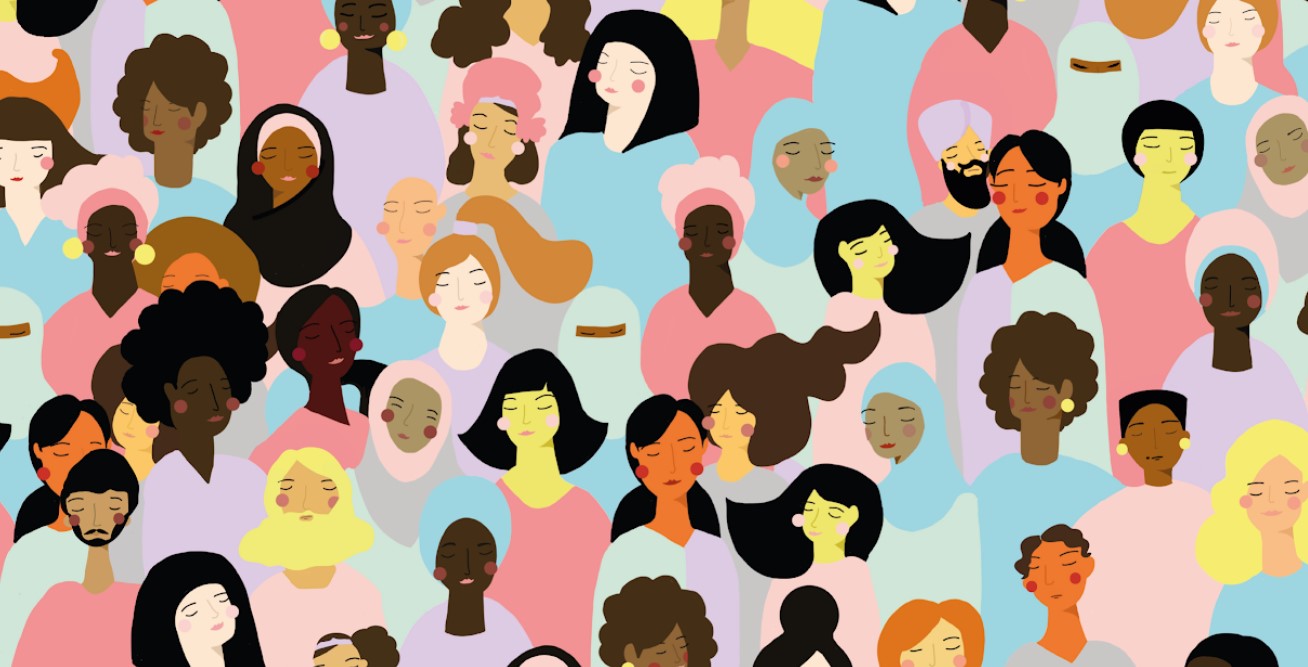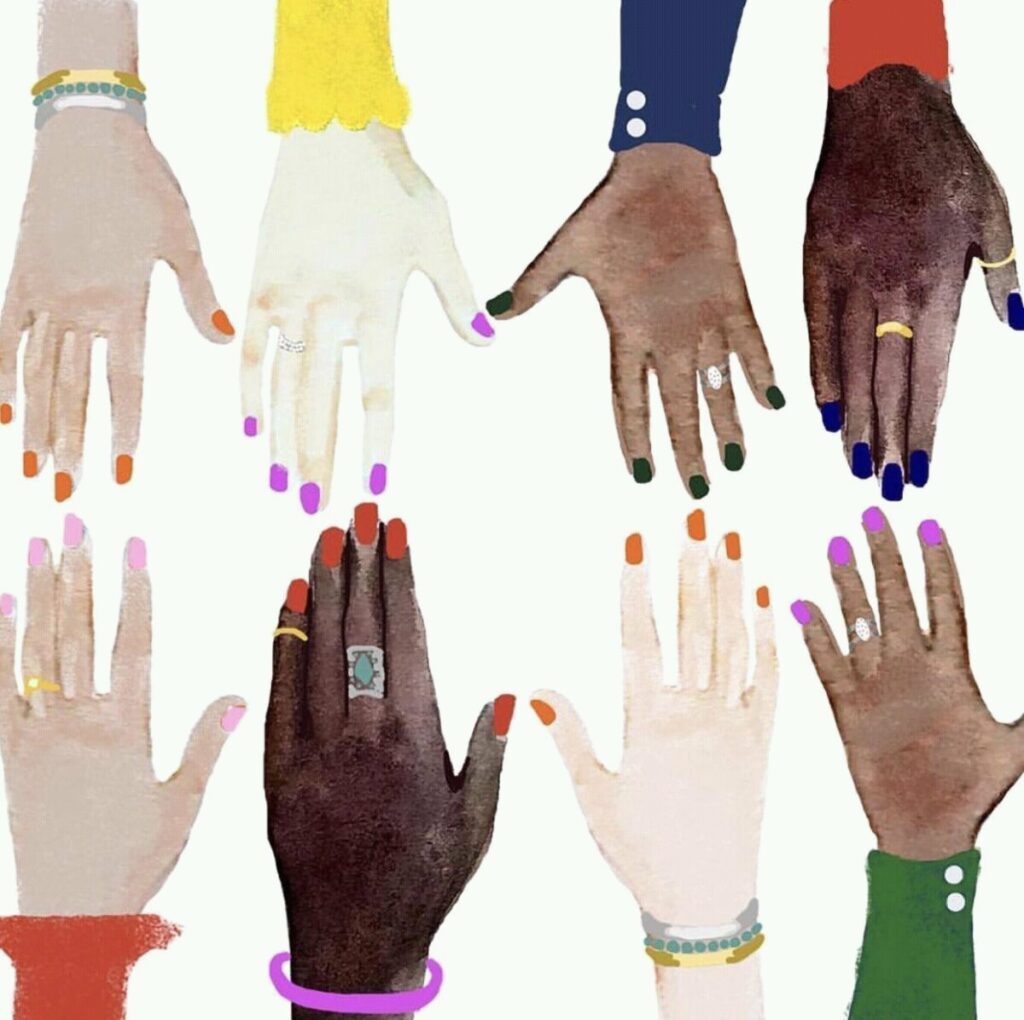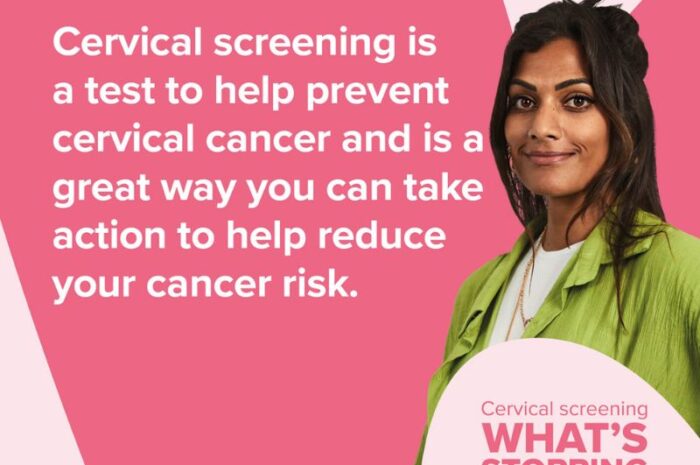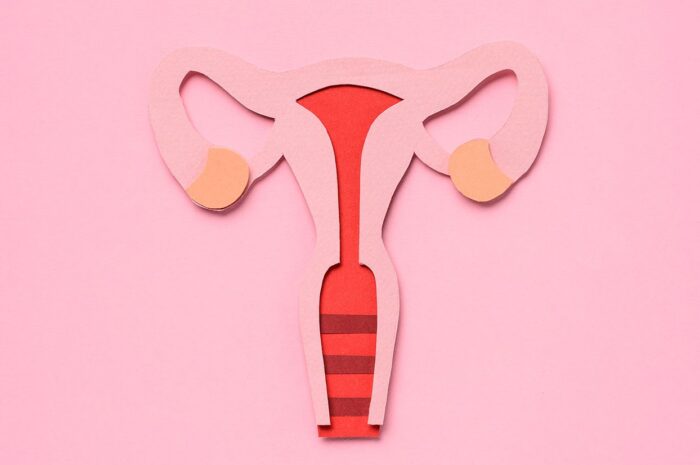
People from marginalised communities are being harmed through the repetition of historic stereotypes of endometriosis, according to a leading Birmingham City University academic.
Dr Annalise Weckesser, a medical anthropologist at BCU, said that a failure to take seriously the suffering of people with the condition is the root cause of failures to significantly shorten diagnosis times or radically improve treatment.
Her comments follow the announcement that the Royal Birmingham Conservatoire will host a conference bringing together social scientists and biomedical researchers to examine how patient care can be improved by understanding the experiences of those with endometriosis.
It is the first-ever social science conference on endometriosis, a chronic condition affecting more than 1.5m people in the United Kingdom. It is also the first endometriosis conference to receive funding from the prestigious institutes of The British Academy and Wellcome Trust.
Speakers Neelam Heera-Shergill and Nikita Chadha from Cysters will be in attendance speaking on intersectionality, the importance of inclusive research and policy. Neelam will also be introducing our new project, looking into South Asian experiences of menstruation and endometriosis as part of her talk.
The ‘Reframing Endometriosis: Power, Politics and Potential Futures’ conference, which runs from 6-7 July, will be available to attend in person or virtually.
Dr Weckesser said: “Intersectional understandings of endometriosis will be a key theme of the conference. Endometriosis was called the ‘career woman’s disease’ – a narrative suggestion only middle class, white, hetero, cisgender women have the condition.
“Many speakers will be discussing how such notions continue to harm those with endometriosis from marginalised communities, including women of colour and people from gender or sexual minority communities.”
Attracting global speakers and guests, the conference will place research on the voices and experiences of those with endometriosis at the centre of conversations about the condition.
There have been no significant breakthroughs in shortening diagnosis times, improving treatment, or finding a cure in decades. We know taking endometriosis sufferers’ accounts seriously is the linchpin to finally improving care.
She added: “The speaker line-up is truly impressive. We will be joined by Dr Elinor Cleghorn, author of Unwell Women: A Journey Through Medicine and Myth in a Man-Made World.
“The field’s leading social science researchers, such as Prof Nicky Hudson, Prof Kate Seear and Prof Elaine Denny, will be in conversation with some of the leading biomedical researchers, including Prof Krina Zondervan of University of Oxford, Prof Andrew Horne of University of Edinburgh, and Dr Hugh Taylor of Yale School of Medicine.
“We’ll also have leaders from key national and international endometriosis patient-advocacy organisations, including Endo Black Incorporated, Endometriosis UK and more.”
BCU has been at the forefront of work to tackle taboos around menstrual health, recently launching a pilot scheme to provide free period products across its campuses. It has also been a pioneering force for improving endometriosis patient care.
“It’s fitting that BCU is hosting ‘Reframing Endometriosis’ as Professor Emeritus Elaine Denny, a conference speaker, first started researching endometriosis at BCU 20 years ago,” said Dr Weckesser. “Her work now informs national and international clinical guidance on the condition. BCU also now does critical research on menstrual equity and stigma.”
For more information about the conference and to book tickets, visit: https://www.thebritishacademy.ac.uk/events/british-academy-conferences/reframing-endometriosis-power-politics-and-potential-futures/




